This Mental Health Awareness Month, we honor the strength it takes to heal—and the critical role mental well-being plays in the fight to end violence against women.
At the Conference on Crimes Against Women (CCAW), we know that confronting violence isn’t just emotionally charged—it’s emotionally exhausting. First responders, advocates, law enforcement, healthcare providers, and survivors are all deeply impacted by the trauma they witness and endure. That’s why this Mental Health Awareness Month, we’re shining a light on what too often goes unspoken: the toll this work takes on our mental well-being.
Mental health is not a luxury—it’s a necessity. When professionals and survivors alike are navigating trauma, burnout, and compassion fatigue, we must push past awareness and into action. That means creating a culture where asking for help is seen as a strength, not a weakness. It means normalizing rest, therapy, boundaries, and support.
At CCAW, we believe that caring for mental health is essential to the work of ending violence. It’s why we integrate trauma-informed practices into our programming and provide space for conversations around secondary trauma, resilience, and recovery. Because if we’re going to make lasting change, we must take care of the people doing the work—and that includes you.
So this May, we invite you to pause and reflect. What does your mental health need right now? Who can you reach out to for support? What steps can you take to protect your peace?
Mental Health Awareness Month is a reminder—but your well-being deserves attention every day. You are not alone. You are not expected to carry it all. And you don’t have to.
Resources:
National Center on Domestic Violence, Trauma, & Mental Health | www.nationalcenterdvtraumamh.org | 312-726-7020
National Alliance on Mental Illness | www.nami.org | 703-524-7600
National Suicide Prevention Lifeline | www.suicidepreventionlifeline.org | 1-800-273-8255 (TALK)



